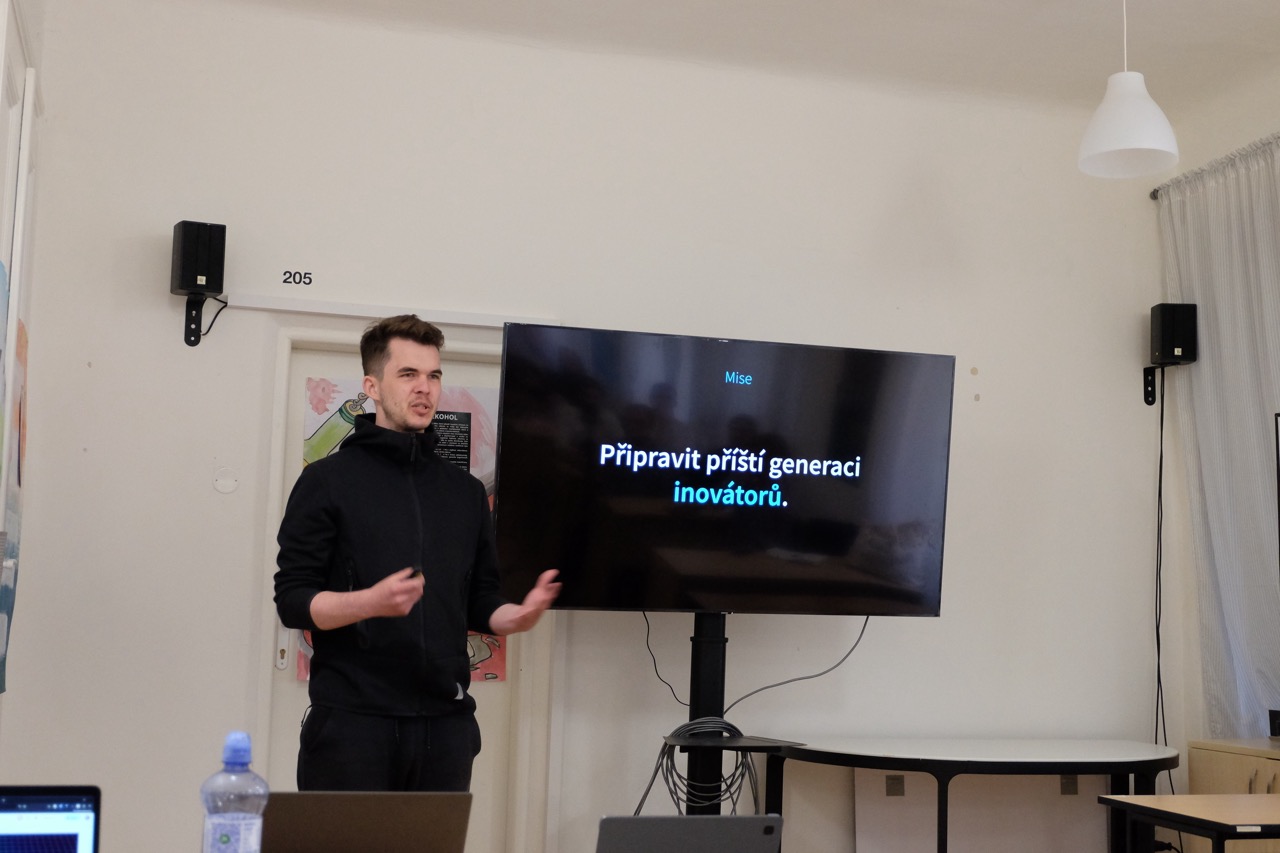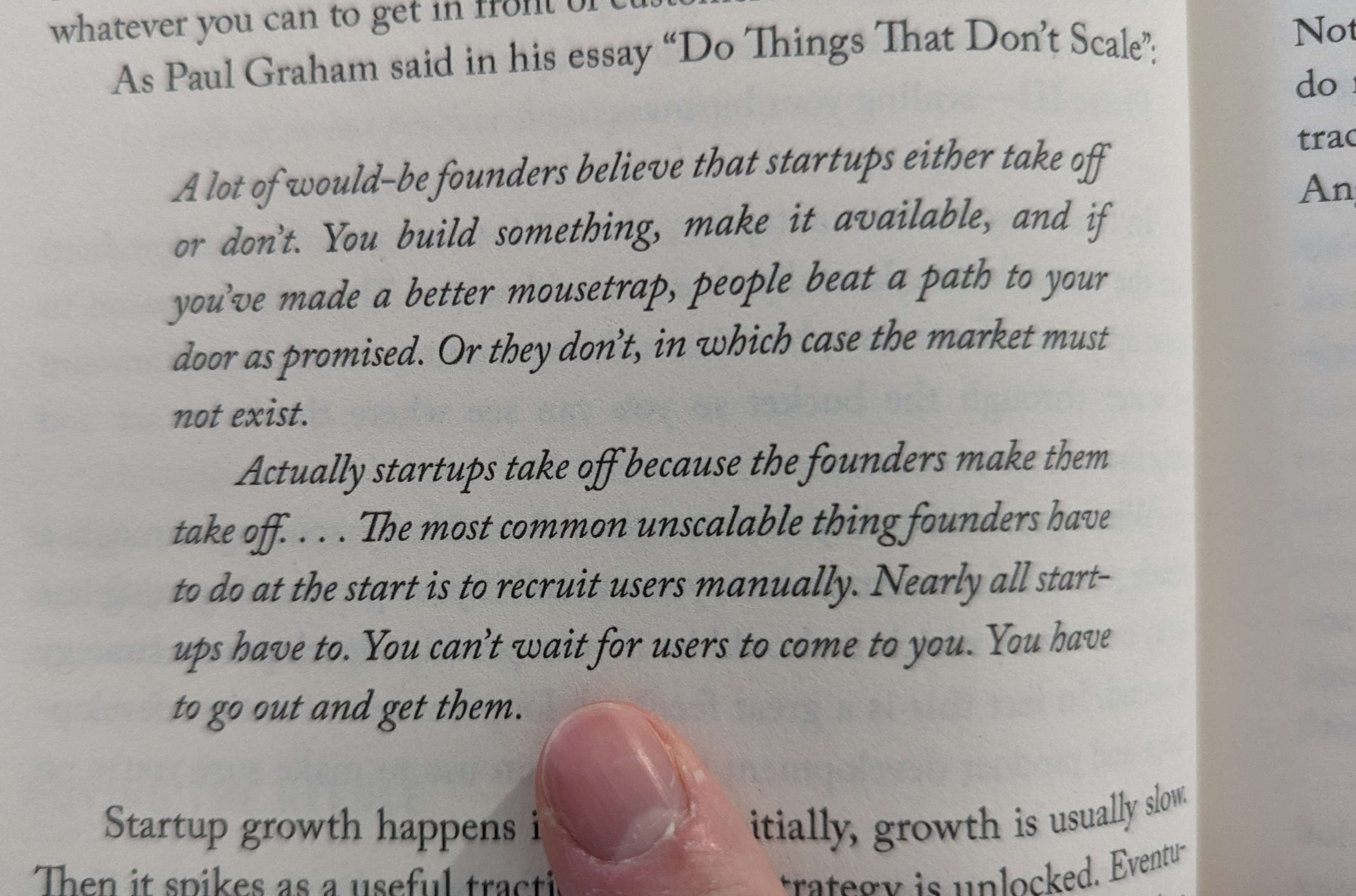

I wrote about the first half of 2023 in my previous reflection, so I’m just going to mention the highlights in bullets and then get on with the last couple of months.
You might notice there aren’t many images or comics like normally, and also that the editing is pretty much non-existent. That’s because I’m busy with other things these days, and drawing/writing is not on top of the priorities list. So I’m choosing to do this reflection simply rather than not doing it at all.
We officially co-founded Playful with Zdenek because our collaboration went well so far. We decided to spend the summer making the first game properly using Nakama server and Godot Script (although we later switched to Flutter/Flame for better web support). To be clear, Zdenek did all of the coding from now on. I switched focus on design, product, and marketing.
After finishing the Q Designers project in July, I went full-time on Playful, and the goal was to get the first 30 paying customers who would start the course in October. I failed. By the end of September, we had 3 customers. This turned out to be much more difficult that I expected. Probably because finding those 24 testers in June was sooooo surprisingly easy and fast. I mistoke that for a proof that the product works and selling it will be relatively easy from now on. Nope. Turns out that offering something for free is not at all the same thing as selling it for €150. Lesson learned.
This fiasco made the last week of September the darkest period of this year for me. I knew I failed, but I wasn’t sure why or what to do to fix it. I felt clueless. Thoughts about quitting Playful turned up in my brain.
I took a week to regroup myself and think. I talked to friends and mentors, read books, and examined the black box of August and September.
I realized the problem was simply that I haven’t talked to enough relevant people who might be our customers (parents with kids 8-12 who already pay for their education). I realized it’s going to be a grind: People will not find us. We have to find them, excite them, and sell to them.
What I did then was to email 150+ people I have some good karma with (we had some positive interation in the past), and I asked them for 1 contact on a potential customer who would talk to me about their kids' education.
Through this I scheduled over 30 online interviews with parents in October and November. I talked to them, tested our website with them, and invited them to a free demo class. Doing the demo class (which is basically the first lesson of the course) turned out to be the most important thing. Almost everyone who came to the demo class ended up buying the course (>80% of people). This didn’t happen at once. Again, it was a grind of organizing over 8 demo classes. 3 people here, 5 people there.
The overall funnel looked something like this: 150 messages > 60 leads > 30 interviews > 23 people in 8 demo classes > 18 customers
This is the real story of how you get customers with an innovative product people don’t quite understand yet on paper.
There might be other ways to do it if you have the connections and can use networks of other people. But the beauty of this approach is that anyone can do it. Even introverts like me can push through, talk to people, and make the project succeed if they care enough about the outcome.
Playful was 90% of my life since August. It’s where 90% of my TEA was going. That’s why it’s the only thing I reflect on, really.
Now I want to look at the deeper lessons I took from this year.
Things take longer in reality than in ootyour plans.
Most plans are best case aspirations. When I was dissapointed that we didn’t get those 30 customers in October, it was just because that was my plan of what should optimally happen. Looking back it’s obvious that most likely wasn’t going to happen. It was too optimistic. My usual defense against this is planning in a range of possible scenarios. I might write about that sometime soon. I will need it a lot in 2024.
The lesson is: Make plans as a range of scenarios.
Projects take off because the founders make them take off.
This part of Paul Graham’s essays that Michel sent me says it best:

The funny thing is: I’ve read that before but I did not truly understood this until I’ve lived through it this year. I had to recruit our users manually, one by one. It was very personal and very inefficient. But things don’t have to be efficient to be effective, especially at the very beginning of the project. And it’s the founders job and decision to make it succeed, manually.
The lesson is: In the early days of most projects, it’s you the founder who makes it succeed by manually recruiting its first customers.
Everything stands on relationships.
Success without the help of others is next to impossible. Life and business are games of trust. Right now, Playful is basically a web of trust with people who have some connection to me or Zdenek. It would be easy to think we are special because we have a better idea or better technology or better execution. But the truth is that the reason Playful is alive and (so far) successful enough is that the web of relationships it stands on is strong enough to support it.
The lesson is: If you want your project to succeed, ask people for help.
I will not forget this year. It’s the first year of Playful and set us up to continue working on it in 2024. It was a ride and I’m thankful to everyone who was a part of it.
See you in 2024. Cheers.